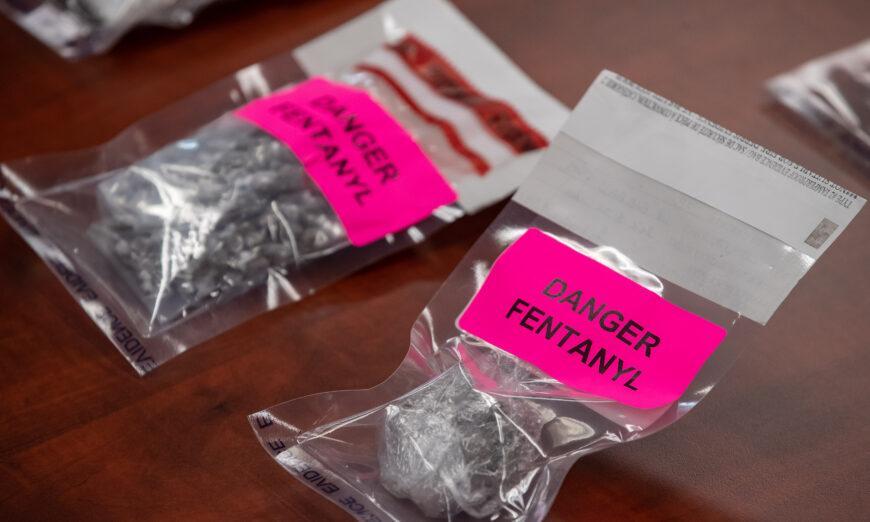Kansas City will be hiring two new overdose investigators as part of an ordinance passed by the city council on Thursday, aiming to help combat the fentanyl death epidemic in the city of Missouri.
The ordinance, proposed by Mayor Quinton Lucas, would enable the city health department to employ two investigators for fentanyl tracing and require fentanyl overdoses to be reported within 24 hours.





